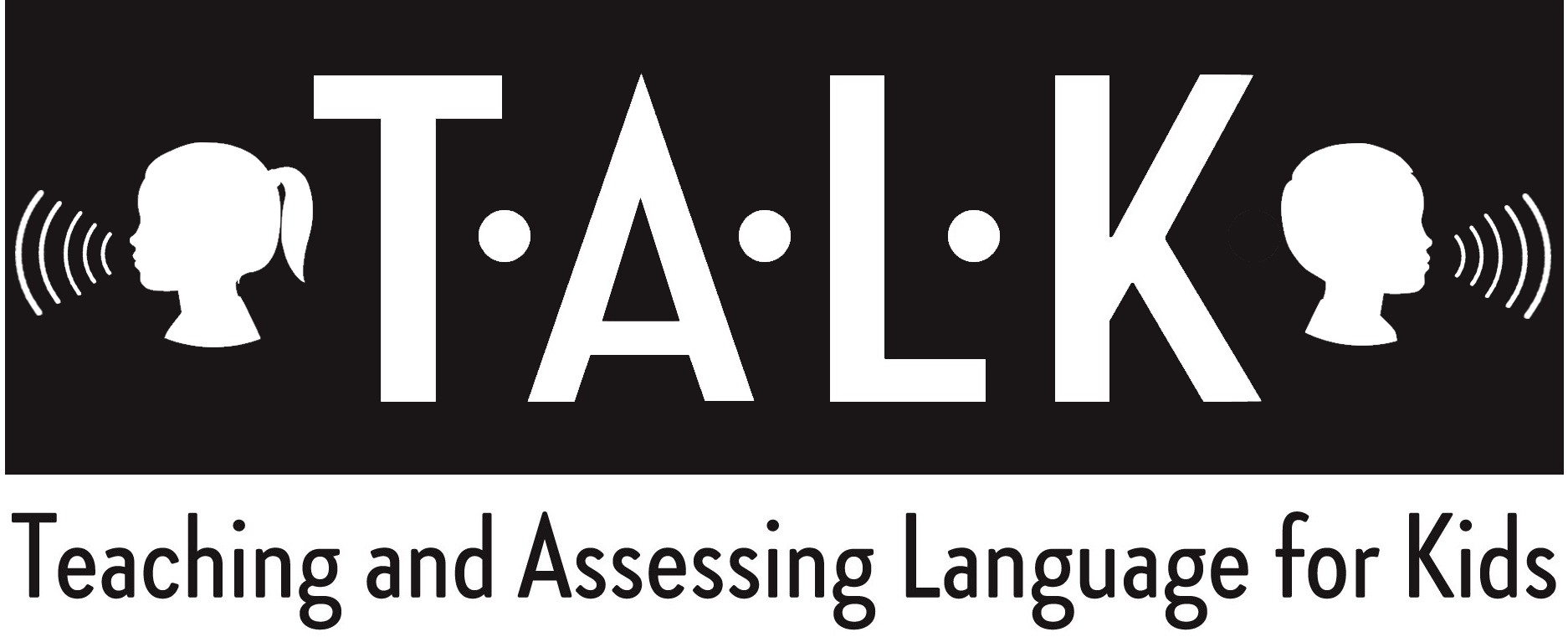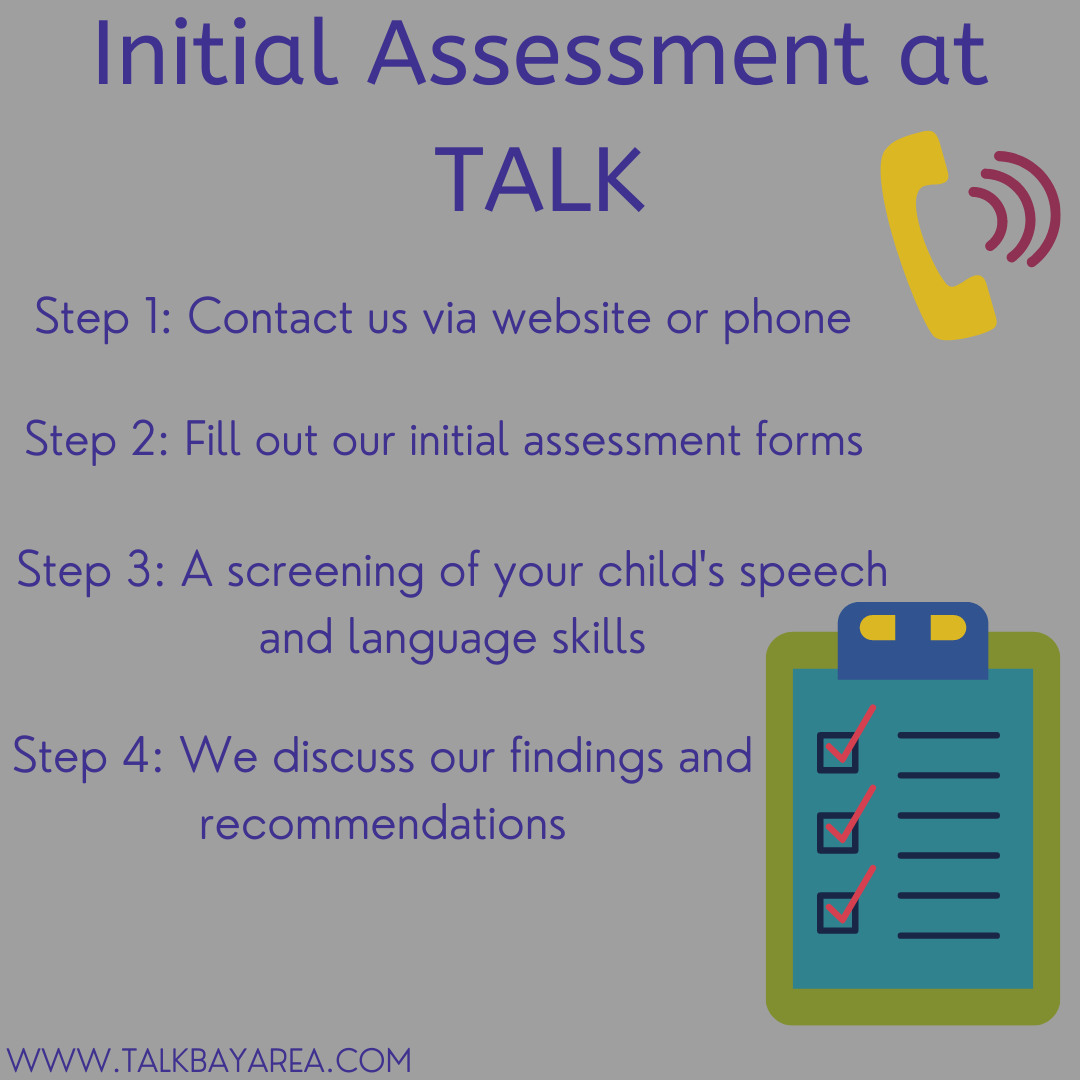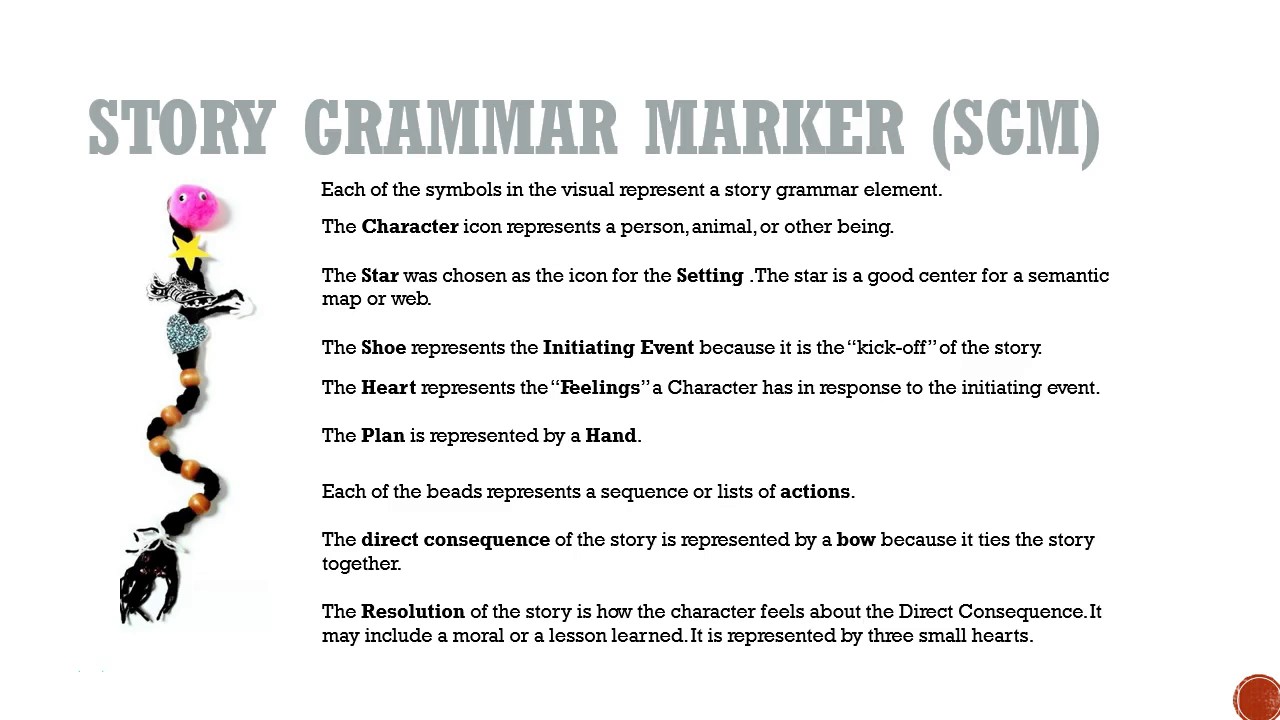First impressions are hard! That’s why we use diagnostic therapy the first few weeks your child starts sessions at TALK. We take the time to get to know our clients during this time and what strategies help them succeed.
Immediately following your child’s assessment, we give our clinical recommendation for whether we recommend speech and language therapy. We might recommend that your child receive therapy to work on their receptive language because they had difficulty following multi-step directions or recalling details from a story. Or we might recommend that your child receive therapy to work on their articulation because they had difficulty producing the /s/ sound.
Regardless of the rationale for services and our recommendation, we spend the first few weeks re-testing skills and diving deeper into areas of difficulty. We also look more in depth at areas of strength to make sure your child is performing at age-appropriate levels. This ensures that we catch any area of need and teach skills with the perfect amount of support.
If your child is having trouble recalling details from a story, we may test:
· Auditory memory
· Auditory versus reading comprehension
· Fiction versus nonfiction comprehension
· Grade level text comprehension versus below grade level text comprehension
· Concrete (e.g., who, what, where) versus abstract (e.g., when, why, how) comprehension
· Comprehension of different passage lengths
· Gestalt processing (understanding of the big picture)
· Inferencing and perspective taking
· Understanding of emotions
· Note-taking
If your child is having difficulty producing a certain speech sound, we figure out their exact context for mastery and go up from there. We may have your child produce:
· The sound by itself (e.g., “sssss”)
· The sound accompanied by certain vowels (e.g., “re,” or “ar”)
· The sound at the end of words (e.g., “bus”)
· The sound with certain verbal or physical cues
Diagnostic therapy also lets us evaluate a skill more than once in case your child didn’t perform his or her best the first time they were asked to complete a novel task in front of new people. We recognize that all sorts of variables go into helping children succeed, so we give kids multiple opportunities to show us what they can do. Sometimes we find that a child didn’t succeed on a task simply because they didn’t understand the direction the first time. With diagnostic therapy, we can take this misunderstanding into account to get the full picture of your child’s skills.
A diagnostic therapy session looks a lot like a regular therapy session except that:
· We look at all areas of speech and language - because there is often overlap between the many areas of communication
· Different therapy techniques are tried each session – this allows us to see what a child can do with a little bit of help (and what types of prompts or cues lead to the best results)
· A combination of standardized and non-standardized measures are used, including structure or drill-based work as well as unstructured play and conversation
After seeing your child perform across multiple sessions throughout diagnostic therapy, we create a unique and realistic Treatment Plan that takes into account your child’s true skills and learning style. For more information about diagnostic therapy or our services, feel free to give us a call!










































